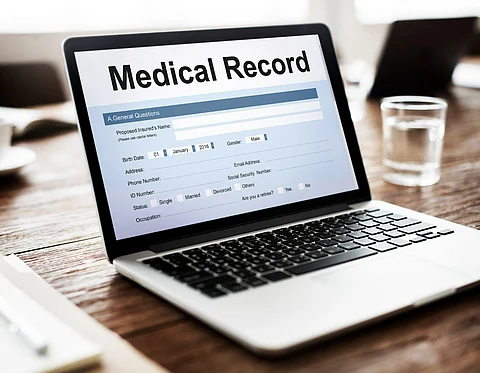The role of technology in healthcare is becoming more critical as practices continue to evolve. For specialties like internal medicine, where physicians manage a broad range of patient conditions, adopting advanced digital tools can have a transformative impact on patient care, operational efficiency, and overall practice management. One of the most powerful tools in this shift is Electronic Health Records (EHR) systems, which are designed to enhance the way healthcare professionals manage and share patient information.
Challenges in Internal Medicine
Internal medicine practices face unique challenges. Physicians often manage patients with chronic conditions, which require long-term care and ongoing coordination with multiple specialists. The complexity of these cases necessitates a comprehensive and organized approach to patient data, something that can be difficult to achieve without the right tools.
In addition to chronic care, internal medicine physicians are tasked with maintaining detailed patient histories, tracking medications, scheduling follow-ups, and addressing urgent care needs. Balancing these demands while ensuring accurate and timely information is available can be overwhelming without effective systems in place. That's where technology comes into play.
The Role of Technology in Streamlining Internal Medicine Practices
To manage the complexity of internal medicine effectively, digital tools are now essential. EHR systems, for example, provide physicians with an efficient way to record and access patient data in real time, reducing time spent on paperwork and improving the accuracy of patient records.
By leveraging internal medicine EHR solutions, physicians can streamline patient data management, reduce administrative workloads, and improve the overall patient care experience.
EHR systems also streamline communication between healthcare providers, ensuring that information is easily shared and updated. This means that internal medicine specialists can collaborate more effectively with other providers, ensuring that patients receive coordinated care, regardless of how many specialists are involved.
Furthermore, these systems allow for quick and accurate updates to patient files, whether it's a change in a patient's medication, updates on lab results, or new treatment plans. Physicians can make informed decisions faster, leading to more effective and timely interventions for their patients.
Key Features for an Ideal EHR Solution
When choosing an EHR system for internal medicine, there are several essential features that make a solution truly effective:
User-Friendly Interface: An intuitive design is critical for efficiency. Physicians often have limited time to navigate complex systems, so ease of use ensures that technology doesn't become an additional burden but rather a valuable tool.
Comprehensive Patient Records: An EHR system must capture detailed patient histories, from prior diagnoses and medications to lab results and imaging. This holistic view helps physicians track a patient's health journey over time, leading to better outcomes.
Streamlined Workflows: A good EHR solution integrates seamlessly into the day-to-day workflow of internal medicine practices. It automates administrative tasks like appointment scheduling, patient reminders, and billing, which frees up physicians and staff to focus more on patient care.
Interoperability: In an ideal scenario, the EHR system should be able to communicate with other systems, such as labs, pharmacies, and other healthcare providers. This feature ensures that all stakeholders have access to the same accurate and up-to-date patient data, fostering collaboration and reducing the risk of errors.


